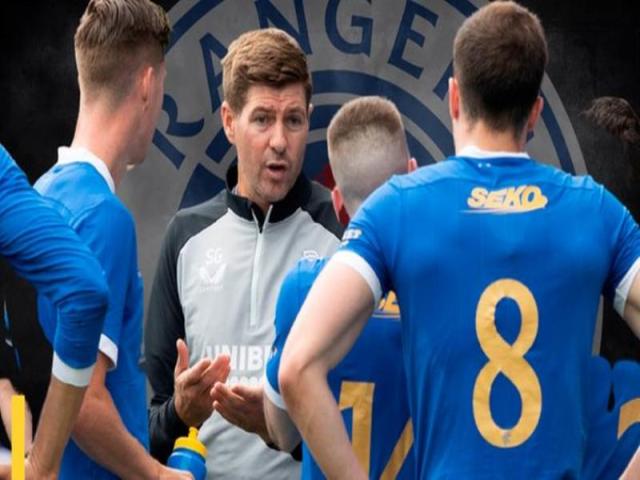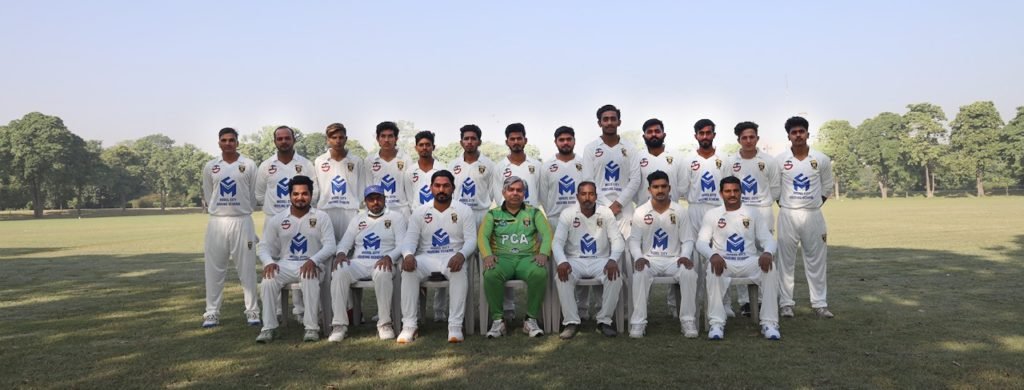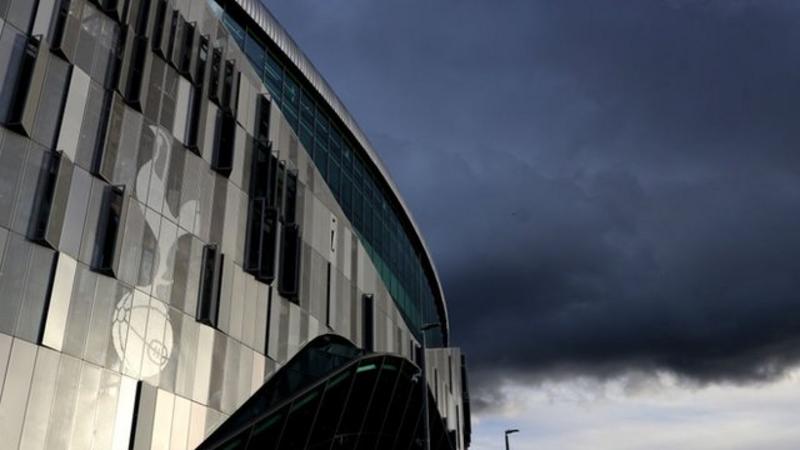How do you rate the Rangers legacy after leaving Aston Villa? – Football Sport Guest

Early in the season, after the Rangers lost to Lyon and Sparta Prague in Europe, Steven Gerrard got to the heart of what his club needed to do to keep the competition going. They had to spend “big money,” as he put it.
It was a public display of frustration, a clash of where he was – in a club that now has very limited purchasing power after an early fine – and where it wanted to be – in a club with the financial strength to take off to fight with illustrious opponents.
Many of the best old firm managers get to this point sooner or later. However, most of them only get there after conquering the domestic scene for much longer than Gerrard. Expressing some concern about a lack of fiscal power in Europe when you’ve only won one domestic trophy out of nine was not a pretty sight.
He looked like the type of guy who wanted to move on to bigger, more glamorous fights when he hadn’t finished the fight he was in, which was the pursuit of the kind of dominance Celtic had inflicted on the Rangers for so long.
Gerrard’s team had won the league at a gallop, yes. The emotional and historical significance of this title win – and the associated end of Celtic’s dream of 10-in-a-row – will never be forgotten by Rangers fans.
For them it must have felt like more than a trophy, it was a moment of great importance, a title win that finally drew a line under all the charlatans who have joined the club in the recent past.
Gerrard received money, and most importantly, time from an extremely supportive board of directors. A trophy – however significant it may be – isn’t a great legacy regardless of its 10-in-a-row blast quality. However, this has nuances.
Any fair evaluation of his time in Glasgow cannot begin and end with what he contributed to the Cup cabinet. That sure is the bottom line. That will record history.
In three seasons he won a silver piece at a cost of many millions in transfer fees and rapidly increasing operating losses. In one season, St. Johnstone’s Callum Davidson won two trophies on a budget of washers. There’s no way around it.
To be fair about Gerrard, one has to watch the horror show he inherited. In the season before his arrival, Rangers finished third in the league, lost points in 17 games, was humiliated 4-0 and 5-0 by Celtic and left Europe straight away against Luxembourg’s Progres Niederkorn.
They lost home games to Hamilton, Dundee, St. Johnstone, Hibs twice, Motherwell twice, Kilmarnock twice and Celtic four times. They ended a deplorable season in a 5-5 draw on Easter Road.
They were endlessly ridiculed by their Glasgow neighbors. Gerrard had to rebuild his squad and did so with the generosity of his board of directors, who pushed the boat so far out for him that he was ready to cope with heavy losses along the way.
They got there together. Not a final destination, but from the slapstick years when they were Celtic’s toys.
It has cost them – and continues to cost them – but he leaves her at the top of a table that will likely find a path straight to the Champions League group stage – and the tens of millions that come with it – to whoever the League wins.
Gerrard put her in a good position. It was very expensive for three years and a little, but the scale of the rebuilding made it necessary.
‘What would Gerrard have been waiting for?’
The exit of many Old Firm executives comes at a time when speculation has crossed the line from intrigue to comedy – and Gerrard’s departure was no exception.
The surreality came about when footage surfaced on social media of Gerrard disembarking a train in London. Was it current footage or not? Was this him going to meet the Aston Villa hierarchy or something older and irrelevant? If only there was a clue.
Lo, the online detectives were zooming in on a poster for a West End show in the background as Gerrard walked across the platform. ‘Pantoland in the Palladium’. Is that an old show? Oh no it isn’t. Is this the upcoming show starting next month with Donny Osmond and Julian Clary? Oh yes it is.
It was clear from Thursday that this was happening – and it was inevitable. He’s young, ambitious, intelligent, and a big name in the game – those are the qualities that first attracted Rangers.
Villa saw him mature in Glasgow. You saw how he stopped Celtic’s hegemony. You have seen the Rangers in Europe make steady progress so they are now in decent shape to make it into the top 32 three times in a row in the Europa League. Gerrard was a cool and formidable communicator all along.
When Villa called, a great club with a rich history, he could have stayed and followed with the Rangers the kind of trophy hunting that would have made him a legend. That was in danger of failing. What if he didn’t win the league? What would that have damaged his reputation? What chance that a villa will reappear soon?
Even if he’d stayed and won everything for a season or two – a massive “if” – would that have put him on another shift in England? Almost certainly not.
That’s what history tells us. Walter Smith went to a relegation-stricken Everton. Martin O’Neill went to Villa, Alex McLeish went to Birmingham, Gordon Strachan went to Middlesbrough, Neil Lennon went to Bolton, Brendan Rodgers went to Leicester.
These managers were dripping with Old Firm silver and they couldn’t attract the biggest clubs. Even Gerrard couldn’t do that with his roll call. So why wait What would he wait for? A villa now or a villa-type club in a few seasons? He decided to keep going.
Villa is a great entry point for him. He’ll be putting a lot of pressure on but this guy has lived with the heat his entire career as a player at Liverpool and as a manager in one of the most pressurized jobs in British football.
What might be of interest to Villa fans when they think about what they’re getting in Gerrard is that his success in winning the title last season was firmly rooted in defense despite his offensive performance as a player.
He rebuilt from behind. A rearguard that was previously the gentlest of gentle touches gradually became the stingiest unit in Scotland.
The concept of pragmatism in management has a negative connotation. Gerrard is not a pragmatist – he values speed, energy, accuracy and risk in attack and was tough on his Rangers players when they didn’t hit the mark.
But what he was doing was ripe. He grew up as a manager in an extremely demanding environment in which Celtic held all the aces. He made his team harder to beat. Rangers are still in the works, but they’re in an infinitely better place now. Gerrard did the heavy lifting when many outside of Ibrox thought the job might eat him up and spit him out.
This strength of character should serve him well in Birmingham. The fact that he is joined by his trusted assistant Michael Beale and other members of the backroom team is important. As a trainer, you are connected at the hip.
“More runners than Grand National in the running to replace him”
Rangers fans – some or many – will annoy him for leaving. That will probably pass with time. He’s the guy who stopped the ritual slaughter on Celtic’s hand, the guy who squeezed them under Celtic’s thumb and turned them into champions.
He could have done – and should have – done more, but he did enough. Gerhard was a success.
And now it needs to be replaced. Not just him, but his backroom team too. The Rangers board of directors must have known that day was coming. It was just a question of when. If they were going about their business they would have been watching people from a distance for a while and making a list for the future.
The bets have more runners than the Grand National and, like the big race, you can discount most of them.
51 managers are currently listed on a gambling site, from the old Rangers Giovanni van Bronckhorst, Rino Gattuso, Frank de Boer, Duncan Ferguson and Derek McInnes to the European names Michael Laudrup, Paulo Fonseca, Slaven Bilic and Ronald Koeman, up to recently sacked Steve Bruce, Dean Smith and Nuno Espirito Santo.
The only names that seemed to be missing were Ted Lasso and Mike Bassett. It’s just beginning, however.
The end and the beginning. Rangers have come a long way under Gerrard. Not as far as they would have liked, but a world away from the knotted mess that greeted him on the first day.
However, it is now unconvincing where they come from. It’s where they’re going – and who is taking them there.

PCA Cricket Academy is The Best Source For Prepare International Players in Gujranwala
- PakLand Cricket Academy is a best cricket academy in Gujranwala Pakistan, where you can get the best coaching and training to become an cricketer

The undeniable benefits of outdoor sports equipment
- 12. CYBEX cardio and strength equipment. (Manufactured in the USA, more than 40 years on the market, engaged in scientific research

Premier League agrees new Covid measures to stem outbreaks at clubs
- Premier League players and club staff will need to take a lateral flow test every day in order to get into training grounds as part of new measures agreed

Best Cricket Academy in Lahore Pakistan - PakLand Cricket Academy
- The history of cricket dates back to the 16th century in England. Though the exact origins are unknown